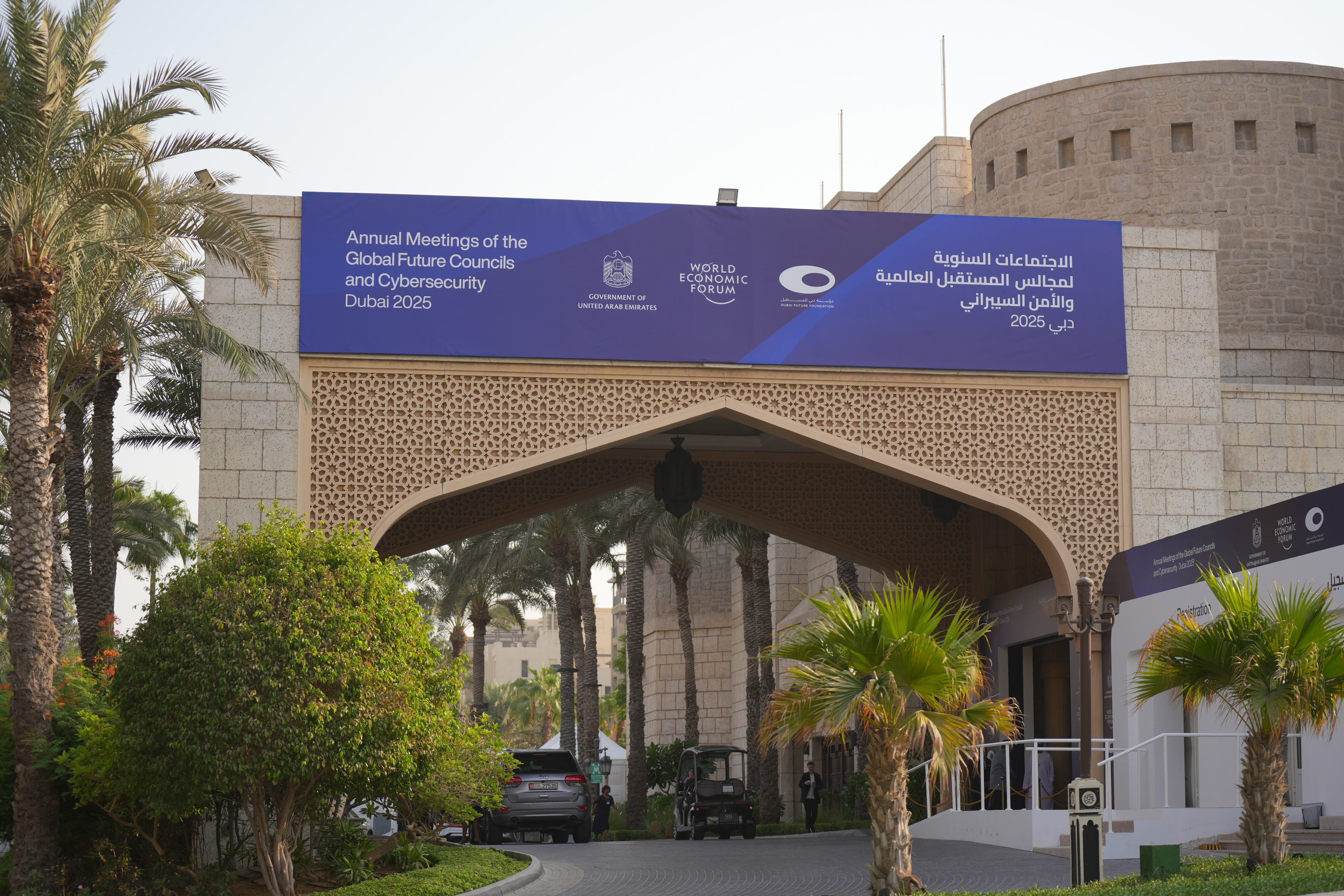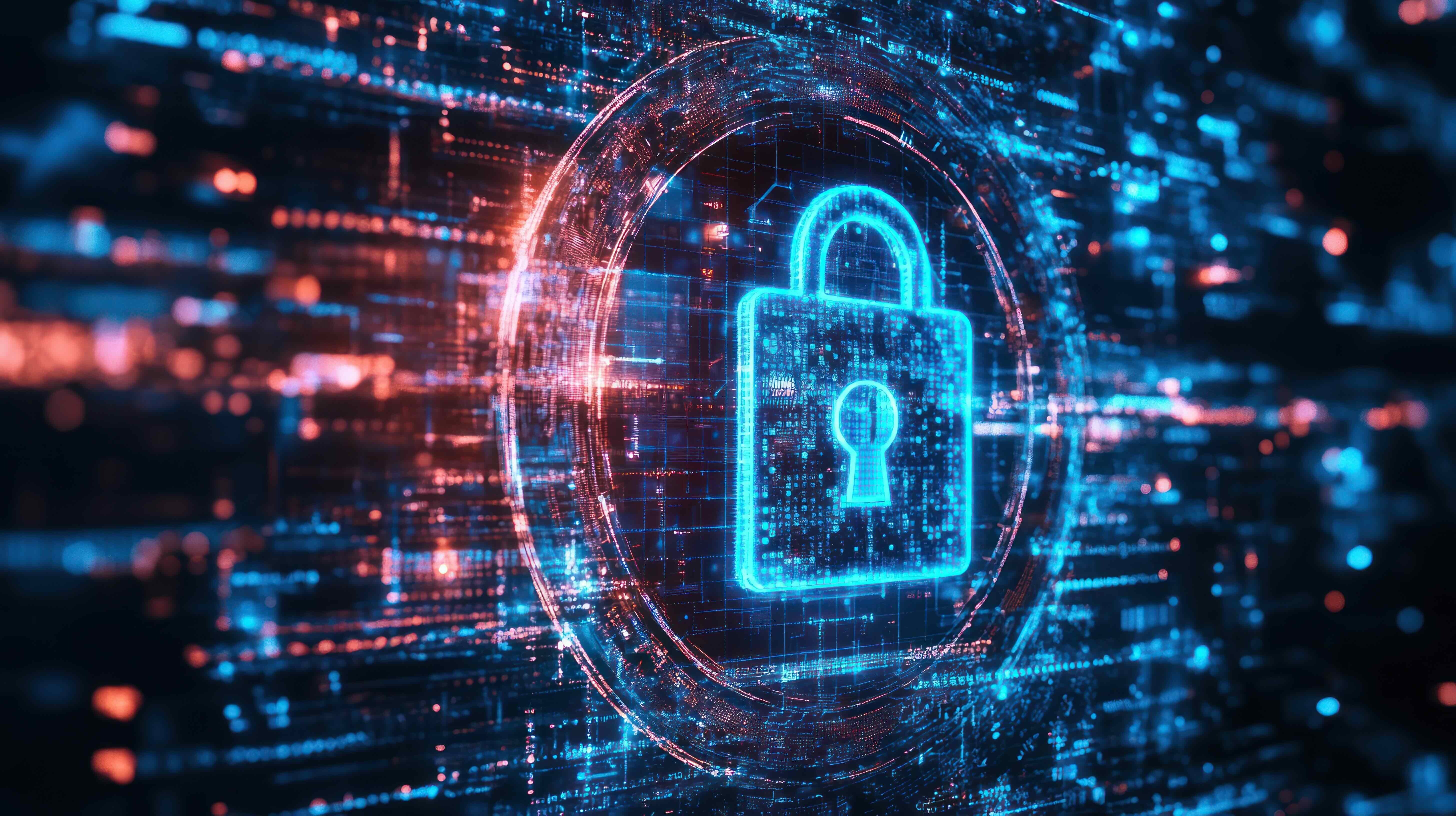It’s time for cybersecurity to go pro bono

Microsoft offers a service to protect organizations from spoofing, to limit avenues for disinformation. Image: REUTERS/Dado Ruvic
This article was updated on 28 May 2021.
The recent attack on the US international aid agency’s email system, using its connections to further attempt to breach U.S.A.I.D.’s global network of humanitarian group partners and contacts, points to the asymmetry between increasingly powerful malicious hackers and public interest and humanitarian groups. The use of digital attacks to silence human rights advocates and civil society groups is an increasing threat.
Similarly, as asylum seekers and other vulnerable people are required to give up more and more of their personal information to agencies charged with protecting them, the human rights organizations that work to help such populations become targets of cyberattacks themselves.
Cyber abusers see them as a portal to get to their victims. The discovery of a significant messaging app vulnerability used to target human rights groups is just one example of these malicious efforts, but provides significant cause for alarm.
While law enforcement and international bodies must work hard to prevent these digital attacks, leaders in civil society can start acting now to ensure the security of their organizations and of the people who come to them for protection and help.
Unfortunately, for many organizations, it’s hard to prioritize and fund cybersecurity. Very often, the cost of cybersecurity is a constraining factor for all organizations, and those who protect vulnerable populations have limited resources to fund the security of their networks. Additionally, most organizations focus their resources on direct services or driving impact, rather than on “back office” issues like network protection, data security or cybersecurity more generally.

A security breach for public-serving entities could have a profound impact on the lives of vulnerable people, but these organizations lack the resources to fund cybersecurity in the same way as large corporates.
That is why the time has come to introduce pro bono cybersecurity models. At the same time, non-profits, human rights groups and their funders must come together to recognize the importance of protecting and funding the infrastructure of civil society.
The first step is to recognize and broaden the cybersecurity applications and services available free of charge, or at reduced cost, to human rights groups. The pro bono arrangements in other sectors can serve as a good model.
Generally associated with the legal system, lawyers and law firms take on pro bono cases free of charge because they relate to issues so critical to the rule of law, or justice in society, that they cannot be left to silence or inaction. These efforts run the gamut, from criminal to social justice, and from individual protection to the defence of social and political norms. All aim to ensure that the rule of law is active in support of a just society and strong social institutions.
Cybersecurity, like the rule of law, is a public good and supports a wide array of other benefits. The security of the digital networks that underlie our economic and social institutions is a vital component that must be protected and developed. Additionally, robust cybersecurity technologies, practices and culture support democratic advocacy, individual privacy, effective journalism, and the protection of victims of crime or abuse, among others.
To create a culture of effective pro bono cybersecurity, companies and organizations should make these services as accessible as possible. This means that programmes designed to support cybersecurity public goods must a) exist and b) be readily accessible to the entities that need them.
Already, there are excellent programmes available at reduced cost or free of charge to public-serving organizations. For decades, the Electronic Frontier Foundation has offered free security tools for nonprofits in addition to its advocacy mission.
Similar efforts are on the rise in the private sector as well. For example, Symantec has, for many years, offered a Software Donation Program to help nonprofits secure their data. Cloudflare maintains its Project Galileo, offering free protection against distributed denial-of-service (DDoS) attacks for at risk public interest websites run by organizations that defend and promote the arts, human rights, civil society or democracy.
Microsoft offers a service called AccountGuard to protect US political campaign organizations and others from spoofing in order to limit the avenues for disinformation. Similarly, Security Scorecard offers access to its security rating platform to “nonprofits focused on human rights, social justice, democracy, economic equality, animal welfare and community engagement” through its Project Escher.
Even with the existence of some of these excellent programmes, very often leaders in civil society organizations have difficulty finding them or even knowing that they need such programmes. Visibility is important. Most public organizations have a mission that is not directly related to cybersecurity, so cybersecurity providers have an obligation to make these programmes known.
At the very least, adopting the well-understood language of pro bono services will make these programmes more visible to simple search engine research by cybersecurity novices. Beyond the creation of the services themselves (or the development of a free/low cost option), pro bono cybersecurity doesn’t require significant “sales” efforts, rather just some thought around visibility and outreach.
Ensuring that public-serving organizations know what they need in terms of cybersecurity is a greater challenge. Even in private sector companies, where cybersecurity failures are well publicized and have led to tangible consequences for executives and managers, there is still a lot of confusion around how to mitigate cyber risk.
For nonprofits and other public organizations, there is usually less time, fewer resources and less public information to help guide decision makers. This is where capacity building for the leaders of such organizations is crucial. The World Economic Forum, its Centre for Cybersecurity, and our partners at leading companies and internet rights organizations are working to fill this knowledge gap.
Understanding what organizations need to ensure their cybersecurity, and knowing where to find technology and education are necessary, but only go so far. Unless civil society and advocacy organizations have the internal resources to support their digital infrastructure, they can’t take advantage of such products and services, free or otherwise (and not everything can be free).
Part of the problem here is that donors often fail to set aside funds for infrastructure, preferring instead to directly fund services without understanding how servers, end-points and other technology are vital to ensuring an organization’s mission.
Infrastructure security is a crucial, albeit often neglected part of the mission. Take the example of an organization dedicated to protecting endangered minority groups in a hostile nation. If that organization’s mechanisms of identifying, communicating with and tracking the individuals it works to protect are compromised by cyber attackers, the victims are doubly endangered – first by their oppressors, then again, inadvertently via their “defenders’” lack of security. Likewise, even an organization that is set up to inform and educate can see its entire mission destroyed by a DDoS attack.
This is why donors need to recognize that entities protecting human rights must have the capacity to protect themselves from malicious actors aiming to destabilize institutions or harm the people they serve.
Just as cybersecurity providers are recognizing that their pro bono efforts can help serve a variety of meaningful ends, donors should recognize that digital infrastructure is vital to serving an organization’s mission.
The protection and promotion of human rights is an important responsibility taken on by many dedicated and effective organizations around the world. In the digital age, this means all these organizations have new responsibilities as stewards of people’s data, to ensure the cybersecurity of their own systems against malicious attackers. This means it is incumbent upon all stakeholders – tech, civil society, donors – to share our strengths and resources pro bono – for the public good.
Don't miss any update on this topic
Create a free account and access your personalized content collection with our latest publications and analyses.
License and Republishing
World Economic Forum articles may be republished in accordance with the Creative Commons Attribution-NonCommercial-NoDerivatives 4.0 International Public License, and in accordance with our Terms of Use.
The views expressed in this article are those of the author alone and not the World Economic Forum.
Stay up to date:
Cybercrime
Forum Stories newsletter
Bringing you weekly curated insights and analysis on the global issues that matter.
More on CybersecuritySee all
Julie Iskow and Kim Huffman
November 11, 2025






